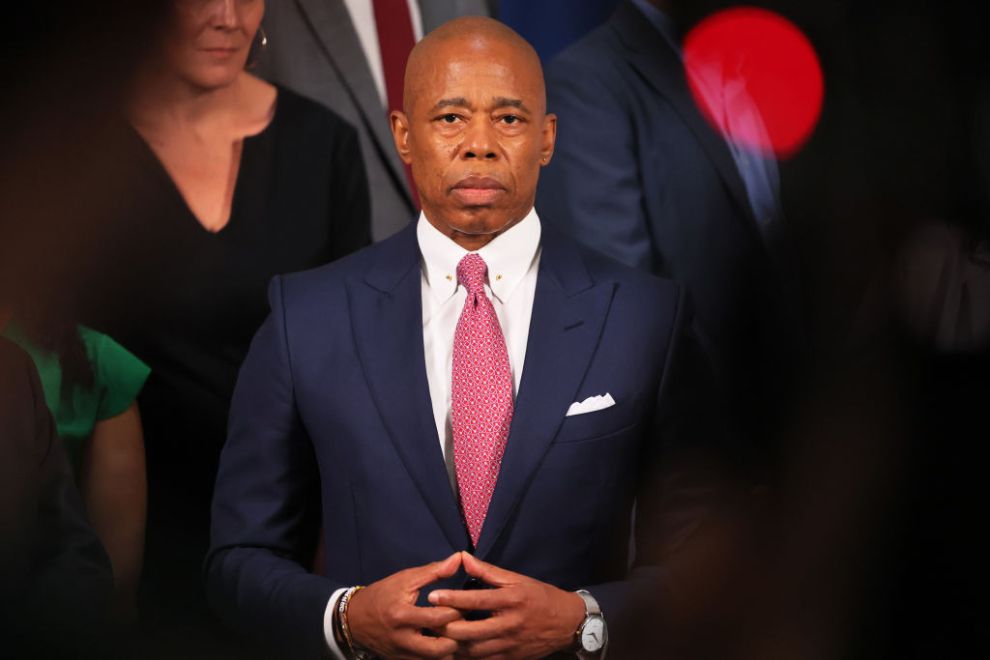According to reports, President-elect Donald Trump suggested Monday that he might weigh the possibility of pardoning NYC mayor Eric Adams, currently entangled in federal charges of bribery and conspiracy.
Adams has rejected claims that he took extravagant travel perks and illicit campaign donations from Turkish and other foreign officials in exchange for backing the construction of a Turkish consulate. Nonetheless, Adams has declared his commitment to serve as mayor, regardless of his ongoing legal troubles. The mayor claimed the pursuits are politically motivated, stating, “I’ve done nothing wrong. Time will prove that.”
Filed in September, the case hinges on five bribery charges, with Adams’ defense accusing “zealous prosecutors” of lacking solid evidence to tie him to dealings with Turkish officials. His lawyers argue that he was only assisting a crucial foreign ally to avoid the city’s potential roadblocks. Defense attorney Alex Spiro said, “Congressmen get upgrades, they get corner suites, they get better tables at restaurants, they get free appetizers, they have their iced tea filled up.” “Courtesies to politicians are not federal crimes.”
While acknowledging that Adams accepted flight upgrades, Spiro emphasized that his client made no commitment to act on behalf of the Turkish government in return for the perks—valued over $100,000—despite prosecutors’ claims. Spiro asserted, “There was no quid pro quo. There was no this for that.”
Adams’ legal woes deepen as details of undisclosed trips surface
Prosecutors revealed that Adams failed to disclose the majority of his free or heavily discounted trips taken while serving as borough president, a clear breach of city conflict-of-interest regulations. During the news conference, Spiro initially suggested there was no legal obligation to report such trips, only to later admit—after being reminded that gifts over $50 must be disclosed—that he wasn’t fully aware of the city’s conflict-of-interest law.
Defense lawyers argued that even if Turkish officials were seeking favor with Adams, their actions would not constitute federal bribery. They declared that the “extraordinarily vague allegation encompasses a wide array of normal and perfectly lawful acts that many City officials would undertake for the consulate of an important foreign nation.” His defense stated the mayor never promised “to perform any official act at the time that he received a benefit.”
As Mayor Adams’ case unfolds, a recent Supreme Court ruling has tightened the federal corruption law, requiring that gifts to government officials be directly linked to specific actions.


Leave a Reply